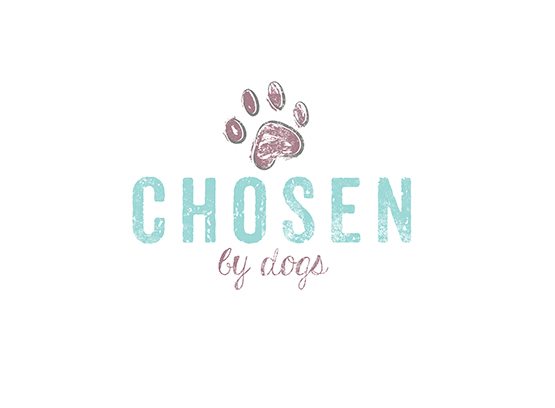Common Household Items that are Poisonous for Dogs
Some of the things mentioned here are obviously poisonous, but we may not think about that when we leave them lying around. The problem with dogs is that they’ll eat almost anything without a second thought (or even a first thought) and there may be a couple of things here that you’re not aware of.
Because of the number of dogs poisoned each year we can’t put this message out often enough, so please forgive us if it looks as though we’re preaching.
Antifreeze – Highly toxic, but very sweet-smelling and the taste is also sweet. Dogs love it, but it doesn’t love them at all. If you spill antifreeze on your drive or on the road, disperse it away thoroughly using clean water.
Chocolate – We all know that chocolate is poisonous for dogs because it contains theobromine. Humans can process it, but dogs can’t. The highest concentrations of theobromine are found in dark and cooking chocolate, but even milk chocolate does contain some. There are clever calculations you can make to determine whether the amount of theobromine your dog has consumed is likely to be fatal, but it’s much easier and less stressful for you and your dog if you keep the chocolate in a high cupboard.
Bleach – we’re not going to insult you by explaining.
Paracetamol – All medicines are potentially fatal, but just two tablets could kill a smaller dog.
Batteries – All of them are toxic, but even a tiny watch battery can cause stomach ulceration in a few hours.
Moth balls – If you use them, make sure that they’re too high for dogs to reach. They contain an insecticide that causes seizures.
Fabric softener – Very toxic, even more so than detergents.
Mouthwash – Check the label for boric acid which is very toxic for dogs and may cause vomiting, seizure and even coma.
Peach pits – and other pitted fruits such as cherry, nectarine and apricot all contain a form of cyanide.
House plants – aloe, ferns, ivy, lilies and poinsettia are all toxic for dogs, as are many others.
The first thing a vet will do ( where vomiting is advised) is tell you to induce vomiting (by feeding your dog a quantity of salt) so that as much as possible of the toxic material is expelled. Speed is of the essence when any toxic material has been ingested. If your dog has eaten anything toxic call your vet at once.

